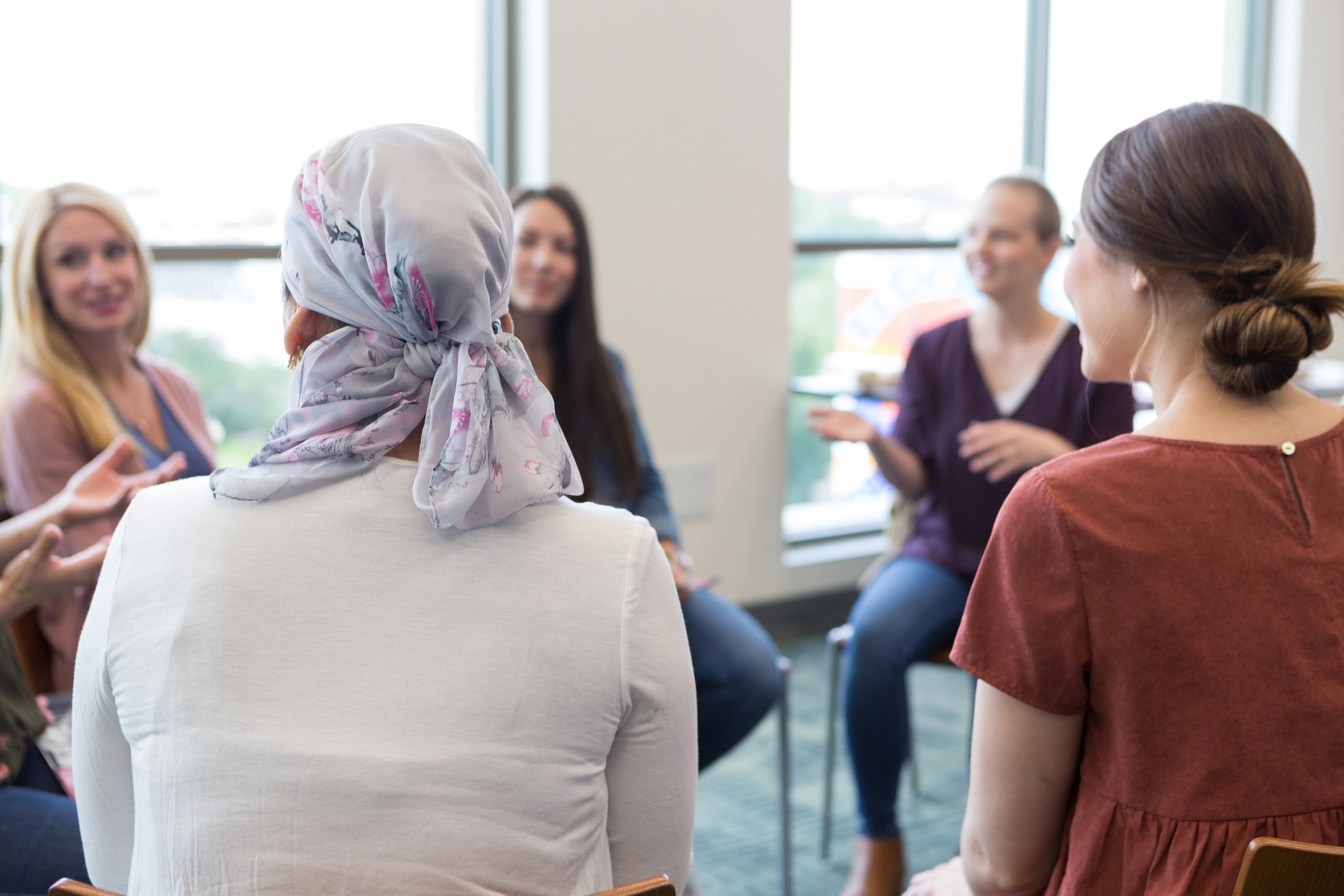One Patient, Three Clinical Trials, and a Whole Network of Support
August 21, 2023
For many patients with cancer, clinical trials are a key part of their treatment. They offer new treatment options, extra care from healthcare providers, social support from other enrollees, and a sense of purpose as they contribute to cancer research.
Debra Hill is one of these patients. But instead of taking part in just one clinical trial, she has enrolled in three separate trials on her cancer journey.
After being diagnosed with stage 2 endometrial cancer in February 2023, she made the decision to take part in these trials at University Medical Center in New Orleans. Part of her reasoning was based on the recommendation of her trusted provider, Dr. Amelia Jernigan, Division Director of Gynecology Oncology at LSU Health New Orleans.
But Debra also wanted to play a part in advancing cancer treatment for all women with cancer. “I thought it was a good idea because it gave me a chance to experience the clinical trials and to be able to share that with other women who are going through what I've been through,” she explains.
Debra’s participation in these clinical trials turned out to be a crucial part of her cancer journey, providing her with extensive support, advanced treatment, and as of August 2023, a cancer-free health status.
The Trifecta of Clinical Trials
Clinical trials can study many aspects of care, including new approaches to surgery, new medications, and the impacts of behavior on people’s health. Debra’s clinical trials touched all of these categories, providing her with access to a number of new treatments and increased social support.
In March 2023, just a month after Debra’s diagnosis, she participated in a clinical trial for hysterectomy, which is a surgical procedure to remove the uterus. This clinical trial, called Impact of Sentinel Lymph Node Mapping on Patient Reported Lower Extremity Limb Dysfunction in Endometrial Cancer (NRG CC010), is looking at an advanced approach to reducing the risk of swelling in the legs of women who undergo a hysterectomy. More specifically, it’s studying the effects of sentinel lymph node mapping, which uses a specific type of dye and camera to find cancer that may have spread to neighboring lymph nodes.
For Debra, this led to a smooth recovery process, and she was able to return to her daily routine quickly.
Debra’s treatment plan also involved chemotherapy and radiation to destroy any remaining cancer cells. For this, she enrolled in the FIERCE trial, which is researching the effects of pembrolizumab (a type of drug that stops cancer cells from suppressing the immune system, helping the immune system to destroy cancer cells) alongside chemotherapy for high-risk early-stage disease.
Throughout this, Debra experienced minimal side effects. Though she was extra hungry and nauseous on occasion, she powered through three radiation and six chemotherapy sessions in less than five months.
Amidst it all, Debra participated in a clinical trial called the SISTER study, which is analyzing the impact of different levels of social support for Black women with endometrial cancer. For this trial, Debra meets with a group of women each week to talk about their cancer journeys, including what to expect and how to navigate it all. For instance, she learned about changes her body would undergo as a result of some treatments.
“It’s helped me to connect with other women that have been through and are going through a similar journey,” she says. “They are some awesome women.”
Cancer Free and Looking Forward to the Future
After her final cancer treatment in August 2023, Debra took part in a tradition at University Medical Center that cancer survivors eagerly await — the ringing of the bell that signals someone is cancer-free.
“It felt amazing,” she says. “My children were overwhelmed. My siblings were overwhelmed. I mean, it was amazing.”
Debra recognizes that her cancer-free status is something that she couldn’t have accomplished without the support from her family, friends (both old and new), and healthcare providers. “I’ve been in contact with so many amazing women through the SISTER study, the doctors, the nurses,” she explains.
Prior to her cancer diagnosis, Debra was an avid traveler — something she has had to put aside for the time being. Now, she’s looking forward to getting back to what she loves. Still, she knows this will take time.
“I’m getting out more,” she says. “I'm just trying to take it easy, ease back into my regular routine, and not just overwhelm myself with it.”
The first half of 2023 was a whirlwind for Debra. With her newfound health status and an extensive support network, Debra is finding her way back to her life before cancer, one step at a time.
